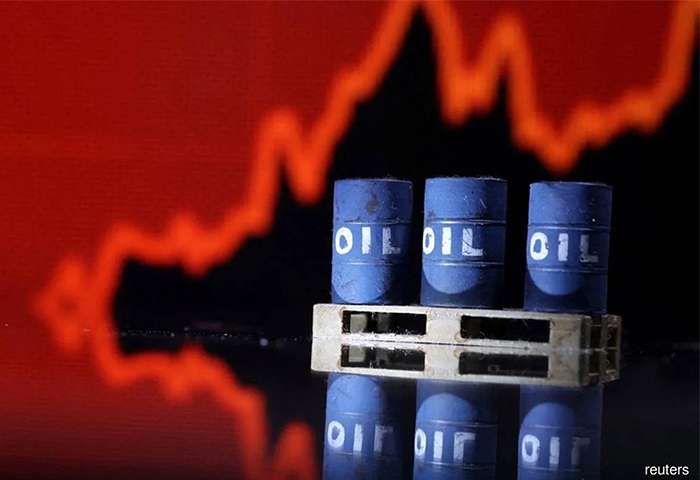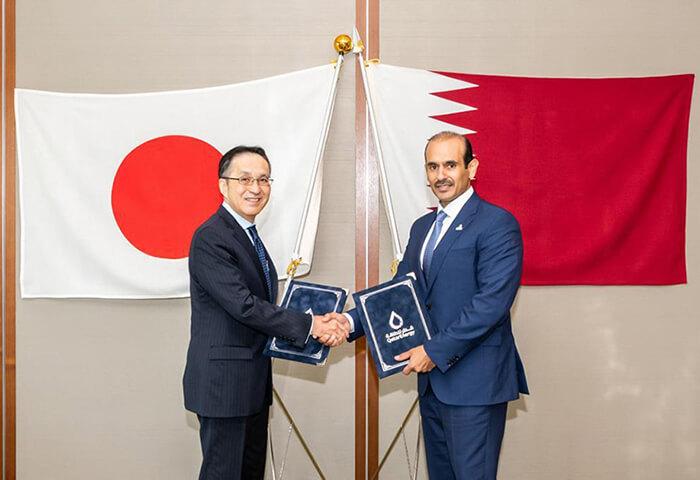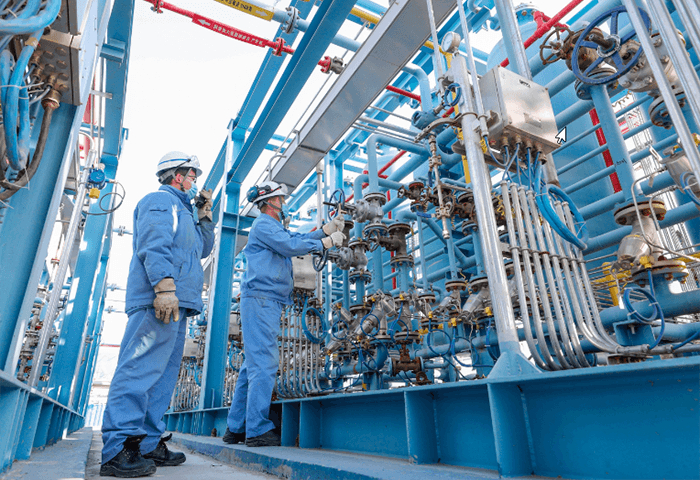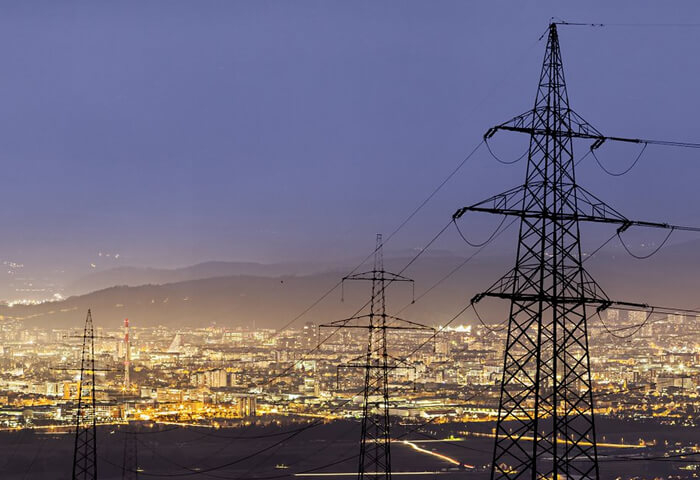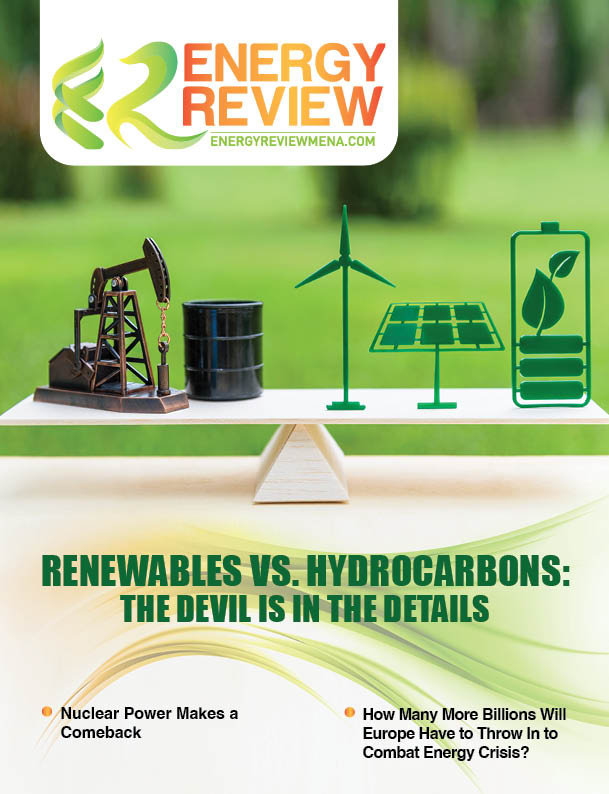OPEC+, a group of 23 oil-exporting countries, meets every month in Vienna to decide how much crude oil to sell on the world market. At the core of this group sits the 13 members of OPEC (the Organisation of Oil Exporting Countries), which are mainly Middle Eastern and African countries. OPEC was formed in 1960 as a cartel, with the aim of fixing the worldwide supply and pricing of oil.
Today, OPEC nations produce around 30% of the world's crude oil, about 28 million barrels a day. Saudi Arabia is the biggest single oil producer within OPEC, producing more than 10 million barrels a day.
In 2016, when oil prices were particularly low, OPEC joined forces with 10 non-OPEC oil producers to create OPEC+. Those new members included Russia, which also produces over 10 million barrels a day.
Together, these nations produce about 40% of all the world's crude oil.
"OPEC+ tailors supply and demand to balance the market," says Kate Dourian, of the Energy Institute. "They keep prices high by lowering supplies when the demand for oil slumps."
OPEC+ could also lower prices by putting more oil onto the market, which is what major importers like the US and UK want it to do.
Here is a look at the cartel's current production agreement and its outcome as well as scenarios for the future, as the group faces another challenge resulting from Russia's invasion of Ukraine:
What was the 2020 deal's aim?
OPEC+ in April 2020 decided to drastically cut its output by 9.7 million barrels a day to stop the collapse of oil prices during the pandemic.
It worked: prices, which were slipping into negative territory, rose as a result.
Faced with the recovery in demand, the alliance began to marginally increase output last year, agreeing to add some 400,000 barrels per day to the market. It further agreed to slightly increase production in June.
The group initially gave itself until April 2022 for a return to normal, before adding a few more months because of the pandemic's uncertainties.
"Technically, the deal runs through to the end of the year," explained Matthew Holland, geopolitical analyst for research consultancy Energy Aspects. But they "finished unwinding their cuts earlier than expected."
"All the production cuts agreed in May 2020 will have been reversed again in August, at least on paper," said Carsten Fritsch, commodity analyst at Commerzbank.
Why isn't OPEC+ meeting its quotas?
The cartel regularly fails to meet its targets. The actual production volume in June was around 2.8 million barrels per day below the agreed level, according to the International Energy Agency (IEA).
According to Fritsch, "it is unlikely that this discrepancy can be reduced significantly in the two subsequent months."
Craig Erlam, analyst at OANDA trading platform, said there is "a lot of lost ground to make up."
Extended political crises as well as a lack of investment and maintenance during the pandemic is crippling oil infrastructure.
Several OPEC+ countries like Angola and Nigeria cannot pump more, already seeming to be at maximum capacity.
Russian production has also fallen after Moscow was hit by Western sanctions over its war in Ukraine.
Only Saudi Arabia and the United Arab Emirates appear to have spare capacity. But Riyadh, OPEC's de facto leader, said it was not ready to make up for the underperformance of the cartel's other members.
Any such action by the Saudis, under pressure from the West fretting over soaring oil prices, could actually "jeopardize further cooperation with Russia," Fritsch warned.
What is expected?
The OPEC+ oil cartel agreed to a tiny increase in production, an amount analysts say will disappoint US President Joe Biden after he personally lobbied Saudi leaders for help to tame soaring energy prices.
The cartel led by Saudi Arabia and Russia decided to raise production by 100,000 barrels per day for September, much lower than previous increases, according to a statement issued after a ministerial videoconference.
"The smallest increase in OPEC+ history will do little to help the ongoing global energy crisis," commented Edward Moya, analyst at OANDA trading platform.
"A 100,000 barrel per day output hike is a pittance," said Han Tan, chief market analyst at Exinity.
"It's likely that the Biden administration will feel let down, considering its overtures to Saudi Arabia have yielded scant results, at least this time around," Tan furthered.
For Energy Aspects analyst Holland, the OPEC+ members could agree to a multi-month deal running through to the end of 2022, "and then look to agree to something much longer term in December."
Western lobbying
Biden is not the only Western leader to have lobbied bin Salman.
French President Emmanuel Macron hosted him last week in Paris, with Macron's office saying the two leaders agreed to work "to ease the effects" of the Ukraine war.
Before announcing he would resign as British prime minister, Boris Johnson had also visited bin Salman in Riyadh in March to plead for higher oil production.

